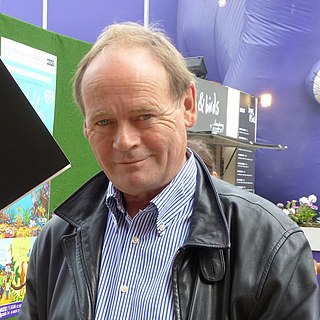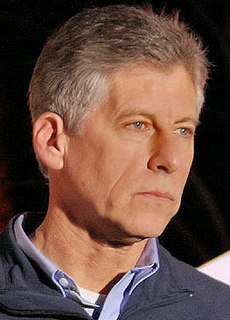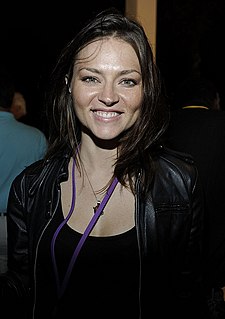A Quote by Galileo Galilei
I do not know what to say in a case so surprising, so unlooked for and so novel.
Quote Topics
Related Quotes
In the case of my second film The Fish Child (El Niño Pez), I had written the novel about 5 years before I made into a film. In the case of The German Doctor I had published the novel a year before I started writing the script, I even had another project to shoot. But I had this idea of the powerful cinematic language from the novel that I couldn't let go of.
It's very bad to write a novel by act of will. I can do a book of nonfiction work that way - just sign the contract and do the book because, provided the topic has some meaning for me, I know I can do it. But a novel is different. A novel is more like falling in love. You don't say, 'I'm going to fall in love next Tuesday, I'm going to begin my novel.' The novel has to come to you. It has to feel just like love.
In reading a novel, any novel, we have to know perfectly well that the whole thing is nonsense, and then, while reading, believe every word of it. Finally, when we're done with it, we may find - if it's a good novel - that we're a bit different from what we were before we read it, that we have changed a little... But it's very hard to say just what we learned, how we were changed.
The age of the book is not over. No way... But maybe the age of some books is over. People say to me sometimes 'Steve, are you ever going to write a straight novel, a serious novel' and by that they mean a novel about college professors who are having impotence problems or something like that. And I have to say those things just don't interest me. Why? I don't know. But it took me about twenty years to get over that question, and not be kind of ashamed about what I do, of the books I write.
Look sharply after your own thoughts. They come unlooked for, like a new bird seen on your trees, and, if you turn to your usual task, disappear; and you shall never find that perception again; never, I say-but perhaps years, ages, and I know not what events and worlds my lie between you and its return.
The more readings a novel has, even contradictory, the better. In journalism, you talk about what you know; you have provided yourself with records, you have gathered information, you have performed interviews. In a novel, you talk about what you don't know, because the novel comes from the unconscious. They are very different relationships with words and with the world. In journalism, you talk about trees; in the novel, you try to talk about the forest.





































